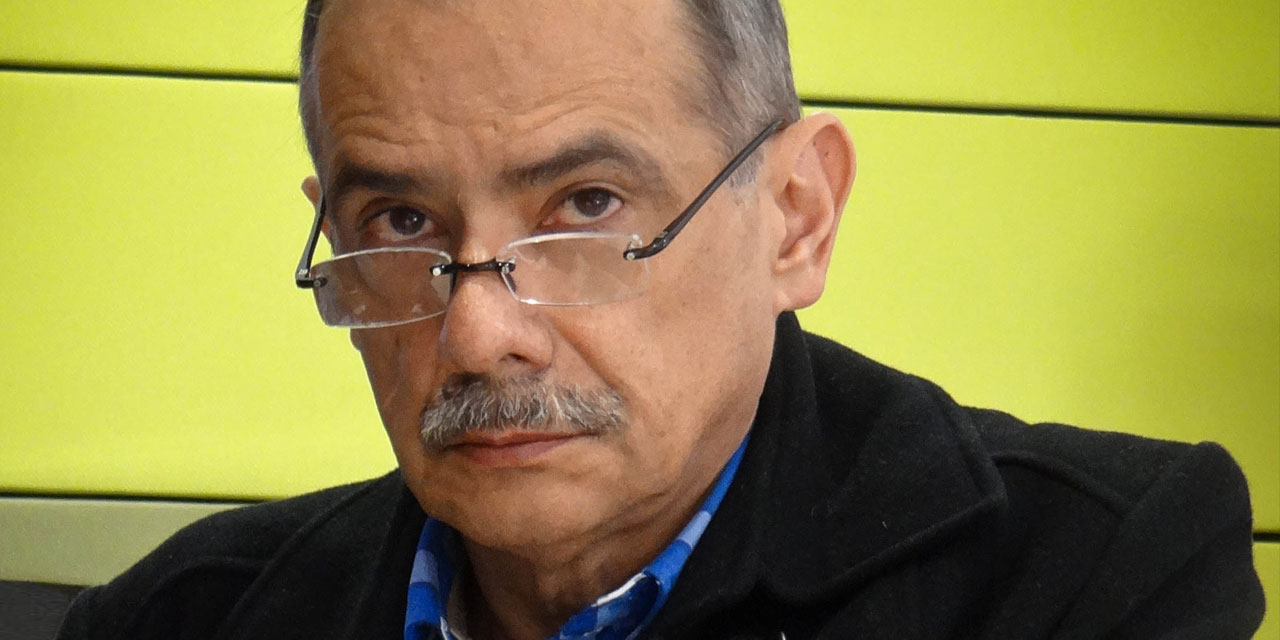A judge ordered the arrest of renowned journalist Gonzalo Guillen who earlier this year published evidence that Colombia’s ruling party conspired with a drug trafficking organization to rig to the 2018 elections.
The Bogota judge ordered the arrest, claiming Guillen was in contempt of court for not adequately rectifying the claim that a man called Carlos Barrosa from the La Guajira province in northern Colombia was a “narco and a frontman.” Guillen followed the judge’s ruling on Twitter saying, “the opinion I expressed… is not truthful because the denominations narco and frontman are not supported by a judicial decision.”
Guillen’s investigations into drug trafficking in La Guajira led to the murder conviction of former Governor Juan Francisco Gomez, an ally of Marquitos Figueroa whose money launderer Ñeñe Hernandez backed President Ivan Duque’s 2018 presidential campaign in Colombia’s Caribbean region.
‘Mafia planning to assassinate journalists who revealed ties between narco and Colombia’s ruling party’
Press freedom foundation FLIP called the contempt conviction “and especially the arrest order disproportionate, mainly because the journalist already published a rectification.”
According to Guillen’s defense attorney Augusto Ocampo, the ruling is not final and can be overruled by a higher court.
The ruling is exceptional because it demanded that Guillen publish the rectification on national media, while the claim was originally made om Twitter.
Commonly, judges demand that the rectification of false or unsubstantiated claims are made on the outlets or media where the original claim was made.
Ocampo said the Bogota judge ordered the journalist to publish a rectification in newspapers El Tiempo and El Espectador with which Guillen has no ties.
“Although in the ruling he had been ordered to rectify in the national media, this order is disproportionate considering that the publications made by the journalist were only made on Twitter,” according to FLIP
Press freedom foundation FLIP
“These decisions send an adverse message about the knowledge and application of standards of protection of the freedom of the press in the administration of justice,” according to FLIP.
The use of slapp suits or other forms of judicial harassment, sometimes with the complicity of corrupt judges, are becoming an increasingly common method to harass or intimidate journalists in Colombia.


